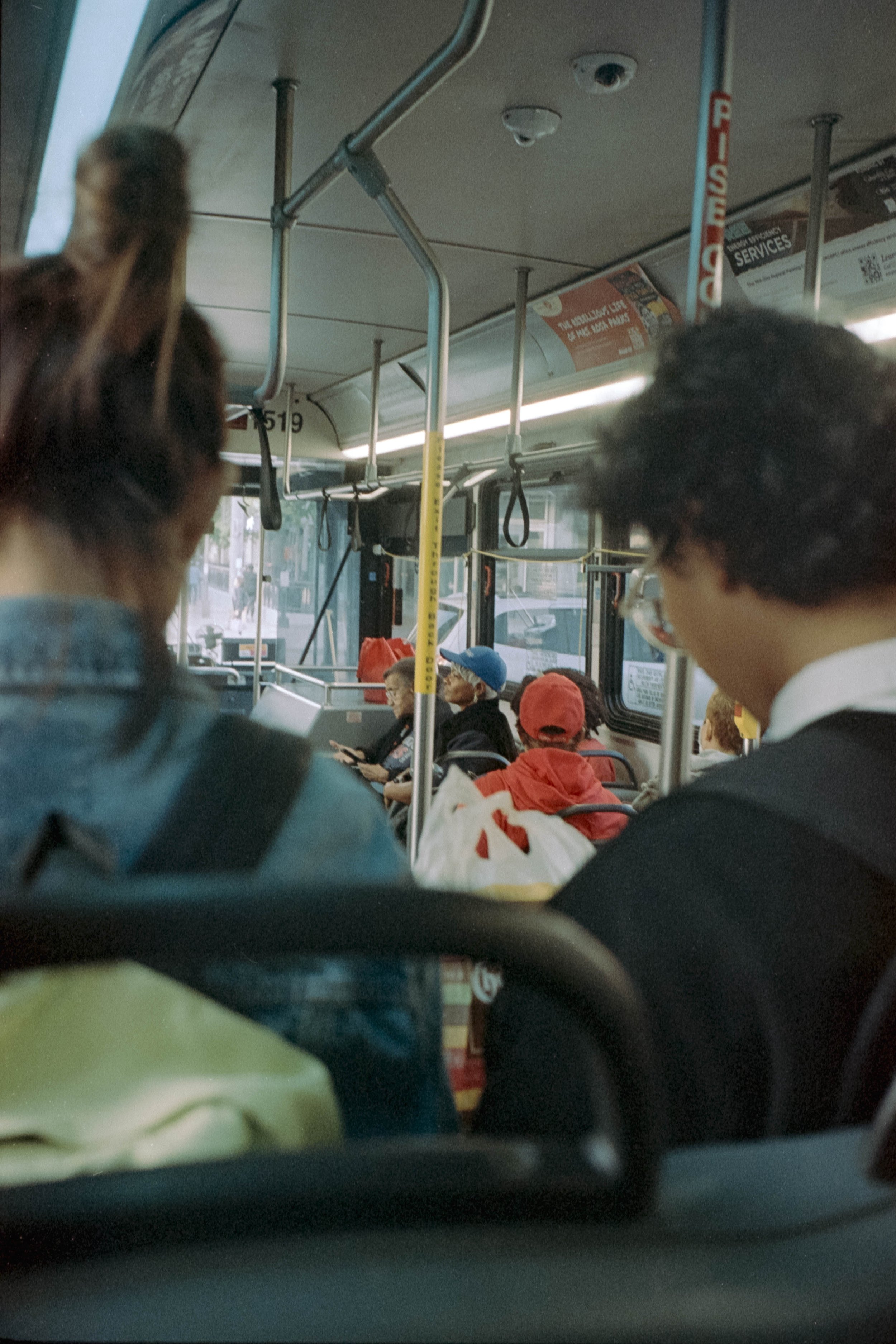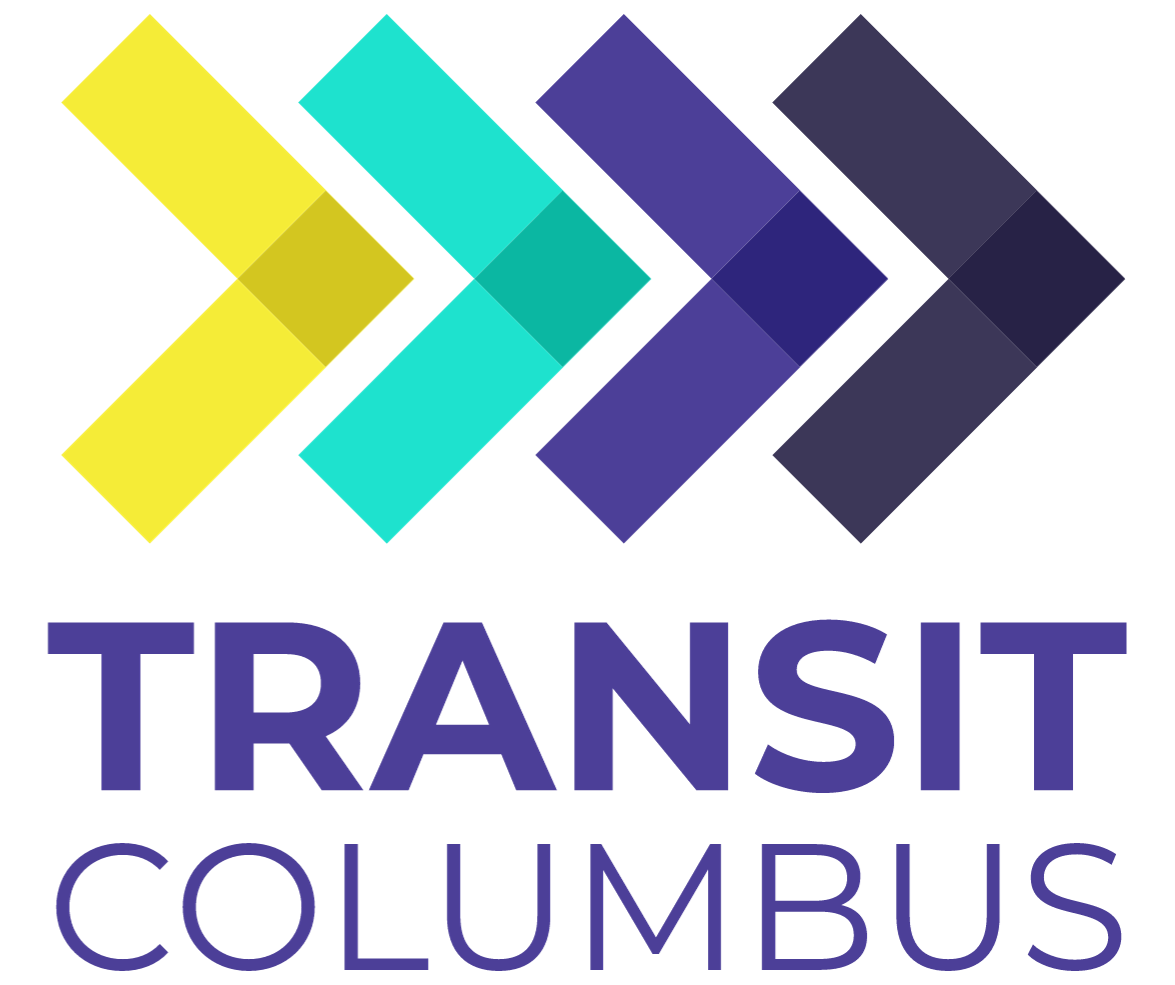
2025 Week Without Driving
What is Week Without Driving?
September 29 - October 5, 2025
Week without driving is an experience created for everyone to learn firsthand about barriers and challenges for nondrivers. If you participate, you can get around however you want as long as you don’t drive yourself anywhere. This applies to all your activities, not just your work commute!
How does Week Without Driving Work?
The idea is for you to make your absolute best effort not to drive. In a city like Columbus, this will be a challenge (and experiencing that challenge is the point!) Below are some thoughts on getting around from the Week Without Driving website.
-
You can ask someone else to drive you, but make a note of how much you “owe” this person in their time, and if you felt obligated to support them in other ways (ie, doing all the dishes). You can ride hail or taxis if they exist where you need to go, but again, think about how the cost could impact your decision to take this trip if this was regularly your only option.
-
This isn’t a disability simulation or a test of how easily you can find alternatives. We know that it is far easier to give up your keys if you can afford to live in a walkable area well served by transit, or can outsource your driving and other transport and delivery needs to other people.
-
Having to drive during the challenge does not signify failure. Sometimes the best reflection comes when someone participating in the challenge has to drive. The point is to consider how someone without that option would have coped, and what choices they might have made.
Participating in Week Without Driving with Transit Columbus
Before Week Without Driving
Ask your elected representatives to participate. Those with the ability to make decisions, allocate funds, and create policy should experience first-hand what it’s like to use the infrastructure that is built as a result of their actions and decisions.
We recommend reaching out to members of city council and the mayor’s office, as they typically have the biggest impact on the decisions around funding, policy, and implementation of public transit and other infrastructure projects
Ask friends, coworkers, and family to participate. Talking to others about Week Without Driving helps get people thinking about the barriers and opportunities around transit and mobility. Even if you ask and they say no, it gives you the opportunity to raise awareness, have deeper conversations around mobility justice and access to transportation options, and get people thinking about the impacts of car-centric infrastructure and forced-car dependency.
Bonus: this counts toward your WWD Bingo!
Pro tip: Check out our How to Report an Issue page for instructions on how and when to report issues with COTA and the city of Columbus.
During Week Without Driving
Fill out a Week Without Driving Bingo card! We’ve put together a bingo card to highlight challenges and joyful experiences and encourage participants to provide feedback to the folks designing the systems that move us.
For each BINGO you fill out, you’ll receive 5 points
Each point gets you one entry into our prize drawing!
You can earn additional points by documenting your experiences (see full rules for details)
BINGO cards must be submitted by Tuesday, October 14th to be included in the drawing. (Either bring your card to our October meeting or take a photo and email it to info@transitcolumbus.org)
Share your story. Whether WWD is your first time relying on non-car transit or whether you yourself don’t have the ability to drive or access a car, we want to hear from you. You can:
Write your own story (as short as a paragraph or as long as a page) and send it to us to share, send it directly to your elected representatives, or both!
Sign up to be interviewed by one of our story collection volunteers. They’ll ask you questions and then draft a story for your approval to share in our advocacy efforts.
Learn to use your experiences to advocate for better transit and mobility infrastructure. It can be hard to know how to advocate on behalf of yourself and others. Join us along with our friends at Yay Bikes for the 2025 Mobility Justice Advocacy summit, where you will:
Hear from a panel of elected officials and city staff about efforts to improve transit and mobility in central Ohio
Learn the basics of transit advocacy, including ways to engage regular people and get them to care, ways to shift narratives and handle pushback, and how to engage with elected officials and decision makers to push for change.
Map out your own sphere of influence to determine how to make change happen in your own neighborhood or community.
Build connections and community with other advocates across the city who care about transit and mobility justice.
The Mobility Justice Advocacy Summit will take place on October 5 from 1:30-4:30pm at the Main Library in the auditorium.
Sign Up for our Travel Training with COTA. Our friends at the Age Friendly Innovation Center have invited Transit Columbus members to join their Travel Training as part of Week Without Driving. You’ll learn to:
Navigate successfully using the Transit app
Plan your trip using the easiest and safest route to specific destinations
Read and understand route maps and schedules
Locate and transfer to other vehicles
Board the vehicle with a mobility device
Recognize vehicle numbers, transit stops and landmarks
Pay fares and purchase passes
Monday, September 29, 2025
COTA Mobility Center – 1330 Fields Ave, Columbus, OH 43201
1:00 - 1:45 PM: Welcome & Travel Training Presentation
2:00 - 2:30: Mobility Center Tour & Talk (Optional)
